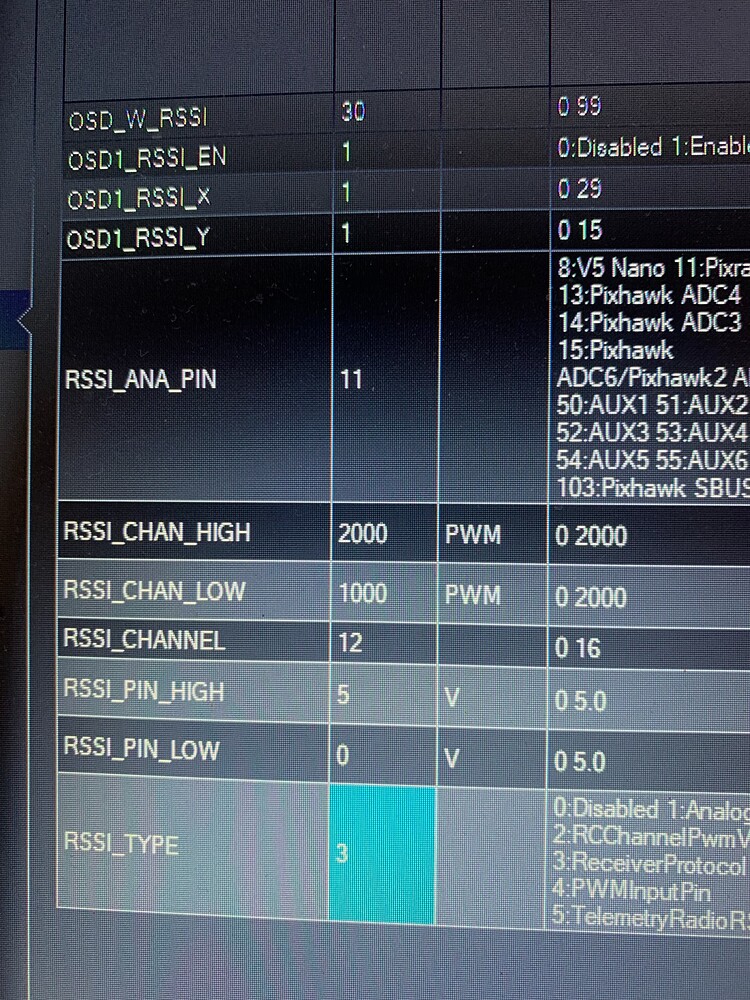

Trusted user flair has been added as a means of verification that a user has a substantial knowledge of networking. Please flair your posts as Solved, Unsolved, or simply Advice. If you can't find what you're looking for with the search function please feel free to post a new question after reading the posting guidelines # Takes 2 optional parameters: # 'networks' (array): # Lists all ssid's of concern.Please use the search function to look for keywords related to what you want to ask before posting since most common issues have been answered. append ( point ) return focus_points # TODO implement something incase our desired ones were not found # getAPinfo # Description: # Method returns all (or chosen) available access points (in range). if point in network_names : focus_points.

for point in all_access_points : # Check if current AP is in our desired list. # Iterate throguh all access-points found. # - # Returns: Raw terminal output # ] def filterAccessPoints ( all_access_points, network_names ): focus_points = # Array holding the access-points of concern.

Sudo=true will require # the user will need to enter a sudo password at runtime. False will not refresh the # network interface upon query. # - # Input: (optional) # sudo: bool defaults to false. # Returns the raw console window output (unparsed). interface = interface # getRawNetworkScan # Description: # Runs the Ubuntu command 'iwlist' to scan for available networks. # - # Input: interface name # class RSSI_Scan ( object ): # Allows us to declare a network interface externally. # User has the option of define a specific set of access # points to query. #!/usr/bin/env python # RSSI_Scan # Use: # from rssi import RSSI_Scan # rssi_scan_instance = RSSI_Scan('network_interface_name) # - # Description: # Allows a user to query all available accesspoints available. Note: The location of each node must not be fixed, but must be specified.įor more information on the python rssi module, visit: With a distance estimated fomr each node, we use the trilateral-localization To estimate our distance from each access point. Using the wifi signal detected from three separate access points, we can use the log-model (as described in the paper) Our module was designed entirely around Xiuyan Zhu's and Yuan Feng's 'RSSI-based Algorithm for Indoor Localization' RSSI-based self-loclaization is utilized as a substitute for Bluetooth and/or GPS localization.


 0 kommentar(er)
0 kommentar(er)
